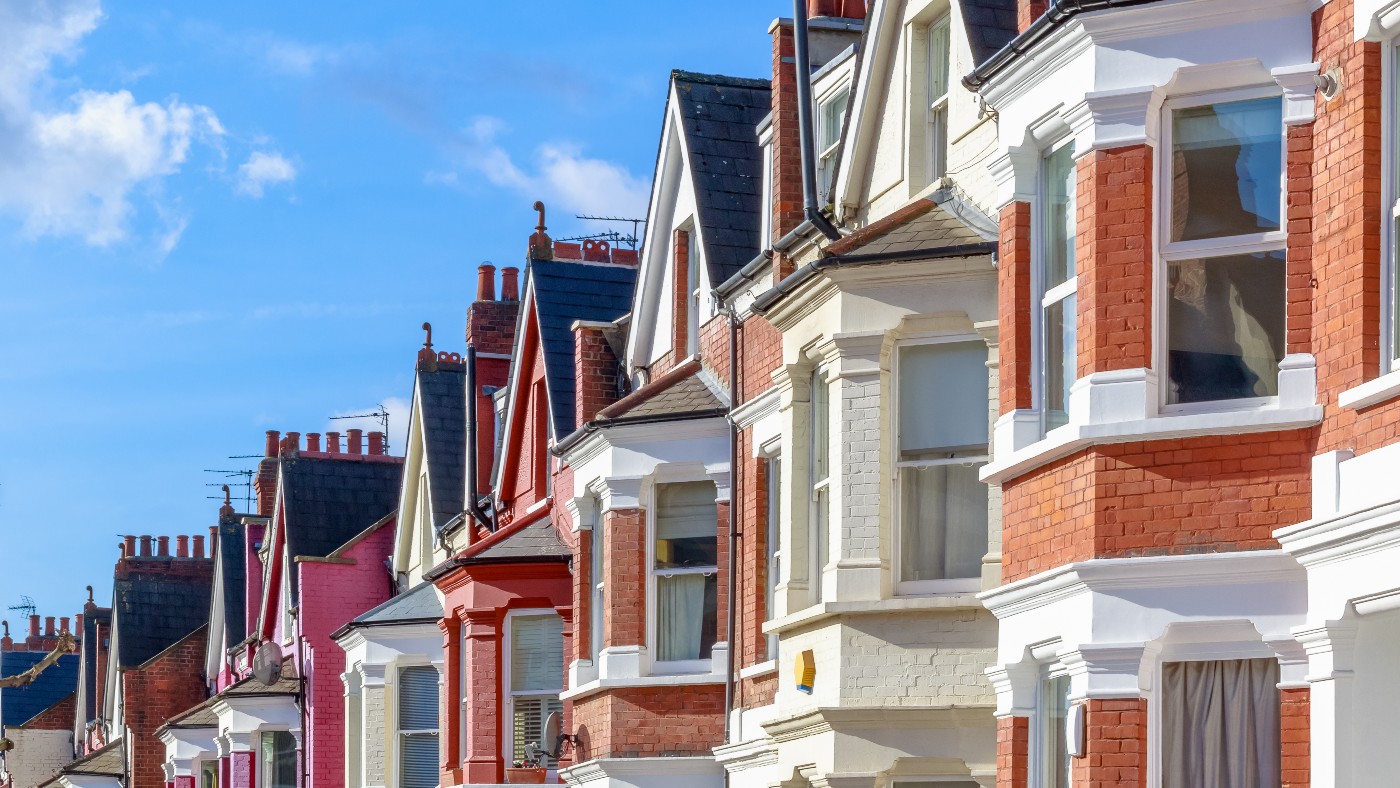What the experts are saying about mortgage costs for 2023 and beyond
.polaris__post-meta--date { display: none; } .polaris__post-meta--date.no-script { display: block; padding-left: 45px }

The days of cheap mortgage rates appear to be over for homebuyers, many of whom will be confronting the harsh new reality when their existing fixed-rate deals come to an end in the coming months.
Mortgage interest rates offered by lenders reached “historic” lows of even less than 1% in the summer of 2021, said financial website This Is Money. And the Bank of England’s base rate has been below 1% since 2009.
But the unfunded tax cuts in the September mini-budget put forward by Liz Truss and Kwasi Kwarteng threw housing and financial markets into “disarray”, said The Guardian. As a result of the tumult, interest rates for mortgages have soared.
Over the last year “the average two year rate has nearly tripled while the average five year fixed rate has more than doubled”, according to data from Moneyfacts.
While borrowers have seen mortgage rates level off slightly, they are “still high compared with this time last year”, said the BBC News website.
All of this is making life more difficult for homeowners and those hoping to get on the property ladder.
What determines mortgage rates?
Lenders consider a range of factors when setting their mortgage rates, including those offered by competing lenders and the cost of getting the money needed from the financial or wholesale markets to fund the loans. “The cheaper things are for the lender, the lower its rates can be,” explained Which?.
Another factor is the cost of borrowing, known as the interest rate, which is set by the Bank of England (BoE) base rate. If the Bank’s interest rate rises, home loans will usually become more expensive as lenders “pass on the increase in the bank rate to their customers”, said MoneySuperMarket. So a higher base rate usually translates to higher monthly mortgage payments.
Are mortgages getting more expensive?
Since Rishi Sunak became prime minister, the markets have calmed and lenders have started removing the so-called “Truss premium” from their mortgage products, said Reuters.
But other pressures remain, said The Times, with BoE governor Andrew Bailey telling the newspaper that “interest rates would have to rise further” to combat inflation.
The BoE’s Monetary Policy Committee raised rates from 2.25% to 3% in November, which for someone with a typical tracker mortgage translates to about £73.50 more in payments per month, said The Times Money Mentor.
Economists are expecting another interest rate hike to 3.5% at the BoE’s next meeting on 15 December, said Reuters.
Where will rates go in 2023 – and beyond?
By 2023, the average mortgage rate could hover around 5%, according to This Is Money. That will be a drop from the current highs of 6%, but still more expensive than the low pricing many borrowers currently on fixed deals will be used to.
But a lot will depend on the economic environment and lending competition, as well as decisions made by the BoE.
The pricing of fixed-rate mortgage deals has been “edging down” recently, and “if this continues, we would expect five-year fixes below 4% by early 2023”, Mark Harris, of mortgage broker SPF Private Clients, told the i news site.
Lenders could lower rates even further if the base rate peaks at around 4.5% in early 2023, below the 6% initially projected. But even so, rates are “likely to remain sticky”, said Bloomberg economist Niraj Shah. “We may have to get used to a ‘new normal’ as we are unlikely to see the ultra-low interest rates we had all got used to.”
Experts expect the BoE to ease up on the base rate in the second quarter of 2024, Bloomberg reported. “That should translate into slightly lower mortgage rates,” the website said.
What does this all mean for homeowners?
About three-quarters of UK homeowners are on fixed-rate deals, meaning their monthly payments remain the same for a set period of time. For these borrowers, the interest-rate changes “will have no effect on their mortgage rate in the short term”, according to UK Finance.
But anyone looking to get a new mortgage soon “could be in for a shock”, said This Is Money.
One way for borrowers to “try and ensure stability in their home finances” is to “think long-term when selecting their mortgage deals”, said Unbiased.co.uk. Long-term mortgage deals – those that last five or ten years – are an attractive option at the moment because their interest rates aren’t that much higher than those for short-term deals, the financial advice website said.
Some buyers may be tempted to wait and see if mortgage rates drop in the new year but not everyone thinks that is a good idea. Borrowers who sit tight hoping for continued reductions will “need to think about how a rising base rate will affect their holding position”, David Hollingworth of L&C Mortgages told the i news site.
Standard variable rates – the pricing that mortgages move to when a fixed-term deal comes to an end – are still climbing, “so could prove an expensive decision whilst waiting for a slightly better fix to come along”, Hollingworth said.


